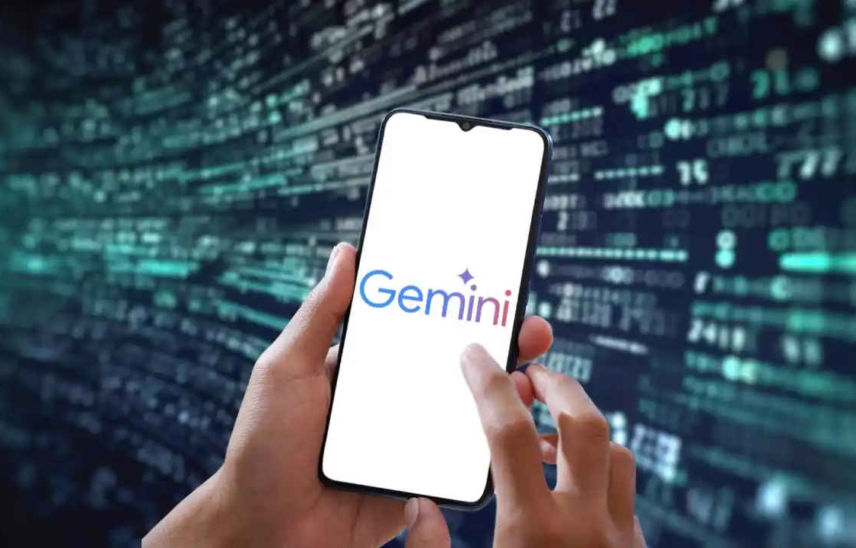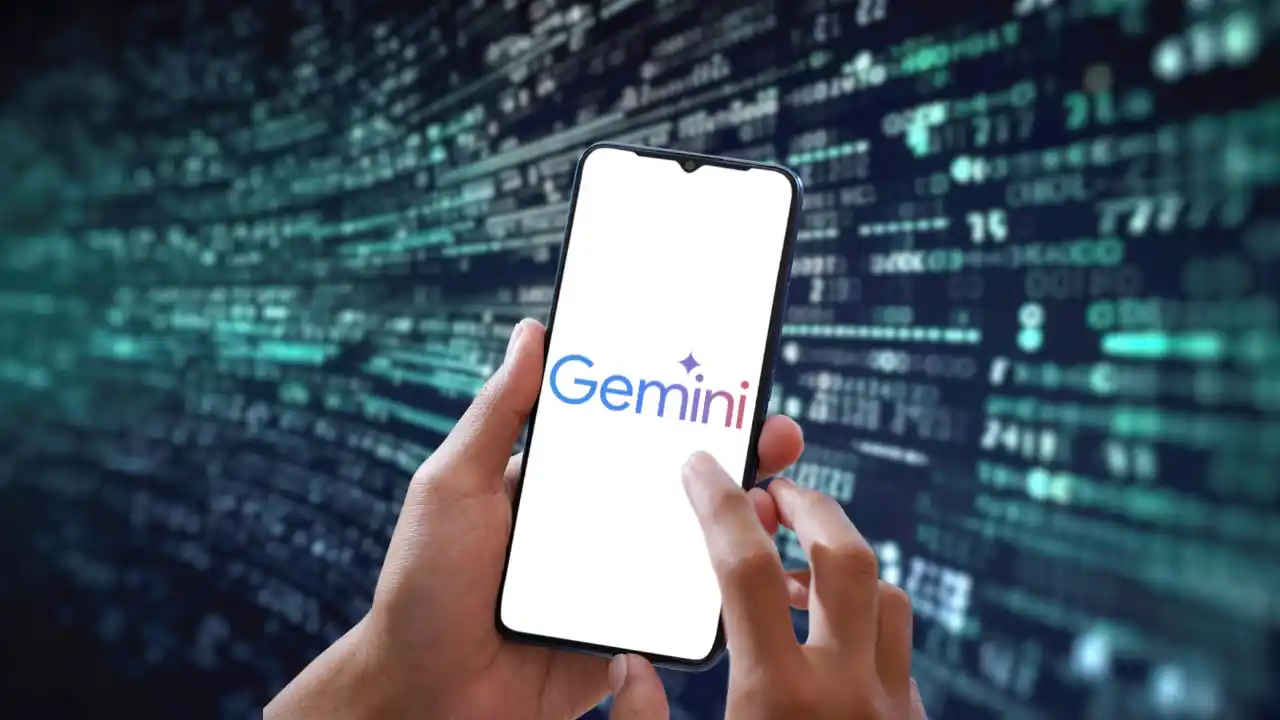
- Home
- Managed Services
- Cyber Security
- Blog
- About Us

We 365 Admin Support, just simplify your IT problems
Call for a free support. +91 96666 59505Platform Partnership
- Who We Help
- Shop
- Contact
- News






HIGHLIGHTS
Table of Contents
ToggleIn a recent antitrust hearing held in a federal court in Washington, it was disclosed that Alphabet Inc, the corporation behind Google, is engaging in a lucrative financial arrangement with Samsung Electronics. This deal involves hefty monthly payments from Google in exchange for having its innovative generative AI application, Gemini, preinstalled on Samsung’s array of devices.
During the court proceedings, Peter Fitzgerald, who serves as Google’s vice president of platforms and device partnerships, confirmed that these financial transactions commenced in January and are set to continue for a minimum of two years. As per the details shared with Bloomberg, the contract outlines a series of fixed monthly payments issued to Samsung for each device that comes equipped with Gemini already installed. Additionally, Samsung stands to benefit from a share of the revenue Google collects through advertising partnerships within the Gemini application.
To gain further insight into the competitive landscape, Fitzgerald noted that Samsung had also been approached with “competitive offers” from other notable tech giants, including Microsoft, Meta, and OpenAI, who were eager for their AI applications to be similarly featured. “We took into consideration what was being offered by competitors,” Fitzgerald indicated, shedding light on the competitive strategies at play.
It is worth mentioning that while the arrangement between Google and Samsung allows for the inclusion of other AI services on Samsung devices, it has attracted scrutiny from U.S. authorities. Judge Amit Mehta, the presiding judge in the ongoing trial, had previously ruled that Google had breached antitrust regulations by incentivizing Samsung to set its search engine as the default option on their smartphones. This ruling has prompted the Justice Department to suggest the prohibition of Google from compensating other companies to establish their search engine or AI services as the default on electronic devices.
Although the precise sum paid to Samsung for the Gemini app has not been disclosed during the court hearing, DOJ lawyer David Dahlquist characterized it as an “enormous sum of money in a fixed monthly payment.” This characterization underscores the significant financial implications of the contract between the two tech titans.
In a related development, records from a separate case indicated that Google had disbursed approximately $8 billion to Samsung between the years 2020 and 2023 to maintain Google Search, the Play Store, and Google Assistant as the default apps on Samsung devices.
Notably, in 2023, a federal jury reached a decision indicating that Google had misused its authority within the Android app marketplace. Following this ruling, a judge mandated that Google should alleviate restrictions that hinder rival app marketplaces and billing systems, a move that could alter the competitive landscape for app distribution on Android devices.
The implications of these arrangements are profound, not only for the businesses involved but also for the broader tech ecosystem. The partnerships and the financial stakes encapsulate an ongoing battle for market dominance, particularly within the burgeoning field of artificial intelligence and app integration. As the court proceedings continue and regulatory scrutiny intensifies, the outcomes may significantly affect how tech giants are allowed to operate in an increasingly competitive digital landscape.